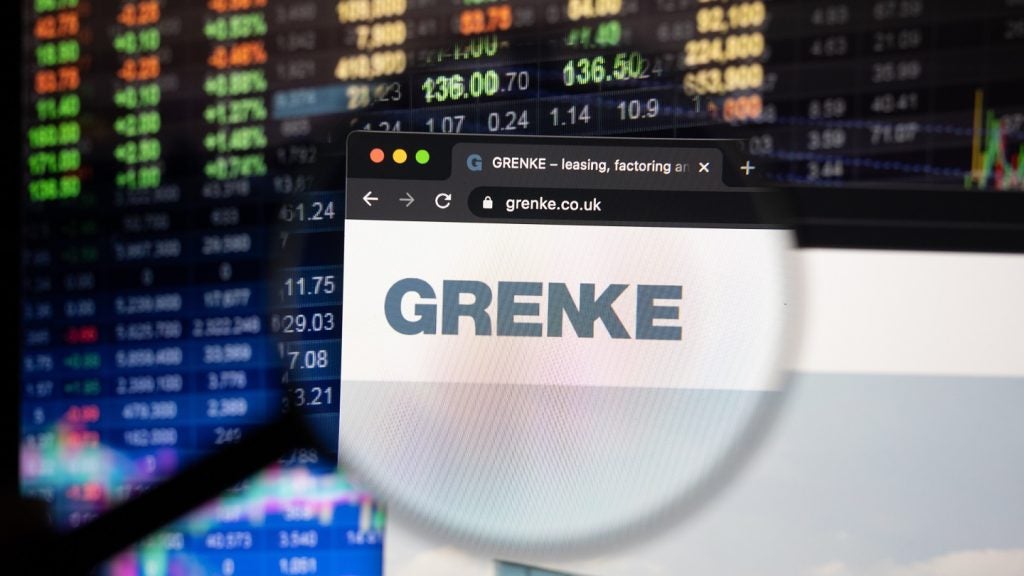Norton Rose Fulbright’s Judith Harrison looks at the legal status of leased equipment and finance arrangements.
The UK has always treated equipment leasing contracts as a supply of services.
The exception to this rule has been for hire purchase or conditional sale arrangements which are treated as a composite supply of the sale of the leased goods and a financing arrangement.
Recent decisions of the European Court of Justice had called the UK’s view into question. However, in a recent case the Advocate General supported the UK view in the opinion he delivered to the Court.
The Advocate General’s view is that only those lease agreements which include a clause which provides that in the normal course of events ownership of the asset is to transfer to the lessee at the end of the lease term are sales of goods for VAT purposes. Consequently, other leases are supplies of services.
Rather than seeking to differentiate the facts of this case from previous decisions of the Court of Justice of the European Union in EON Aset Menidjmunt (C-118/11) and NLB Leasing (C-209/14), the Advocate General has cast these decisions into doubt by suggesting that the court may have previously incorrectly characterised some leases as sales of goods.
How well do you really know your competitors?
Access the most comprehensive Company Profiles on the market, powered by GlobalData. Save hours of research. Gain competitive edge.

Thank you!
Your download email will arrive shortly
Not ready to buy yet? Download a free sample
We are confident about the unique quality of our Company Profiles. However, we want you to make the most beneficial decision for your business, so we offer a free sample that you can download by submitting the below form
By GlobalDataWhether a lease is a supply of goods or services is significant for two reasons:
Place of supply
In cross-border transactions, whether a lease is a supply of goods or services determines which jurisdiction has the right to impose VAT; in the case of a goods, VAT is typically imposed where the goods are located, while for services it is typically where the lessee is based.
Time of payment of VAT
There is a cash-flow advantage for the lessor if the agreements are classified as a supply of services. This arises because under a supply of services, VAT is chargeable each time the customer is liable to make a payment under the agreement. With a supply of goods, VAT would be chargeable at the outset of the agreement.
the Advocate-GeneraL
The case considered whether a car leasing contract which contained an option for the customer to buy the car at the end of the contract term was a supply of services.
The agreements in question gave the customer the option to buy, return or buy and part-exchange the car at the end of the lease term. Around half of customers opted to purchase their car at the end of the lease term.
This case revolved around the interpretation of the language in the VAT directive which provides that an agreement is a supply of goods, where “in the normal course of events, ownership is to pass at the latest upon payment of the final instalment.”
The Advocate General held that a lease is only a supply if:
The agreement contains an ownership-transfer clause. This can either be by way of a provision under which the lessee automatically becomes the owner of the asset or can be an option for the lessee to purchase the equipment.
Transfer of ownership to the lessee must happen in ordinary course of events. If lessee has an option to purchase, the exercise of which is the only economically rationale choice, the lease is a supply of goods. Whereas if the lessee has a genuine choice about whether to exercise the option, the lease is not a supply of services.
The transfer of ownership must take effect on the making of final payment under agreement.
It is implicit in the Advocate General’s opinion that typical lease sales agency provisions in a finance lease – which allows the lessee to act as the lessor’s agent to arrange a sale of the asset at the end of the lease to a person other than the lessee – would not result in a lease being treated as a supply of goods.
While the effect of the sales agency provisions is to transfer economic control of the asset to the lessee, sales agency provisions arguably fall short of being an ownership-transfer clause.
Significance of decision
It will be interesting to see whether the European Court will follow the Advocate General’s opinion in this case.
It is worth noting that the Advocate General’s opinion is consistent with the long established practice of treating all leases as supplies of services in the UK – although a number of other European jurisdictions have long viewed finance leases as supplies of goods or simple financing transactions.
Following Eon, HMRC announced that it was considering whether to change its practice on treating finance leases as supplies of services (see Revenue & Customs Brief 37/12). In this Brief, HMRC confirmed that any change in practice would be prospective only.
The facts in Mercedes Benz can be differentiated from those in Eon Aset and NLB. In the previous cases, the European Court indicated that a finance lease under which the lessee enjoys all the essential powers attaching to ownership and has paid the value of the goods through the lease payments is a supply of goods for VAT purposes. In Mercedes Benz, the lessee had not paid the value of the car through the lease payments and there was real doubt whether a particular lessee would elect to purchase the car at the end of the lease term. However the Advocate General chose not to rely on these factual differences to justify his decision.
Advocate Generals’ opinions are generally followed by the Court, but the approach to the earlier cases is striking and it will be interesting to see whether the Court follows the Advocate General’s lead.
The Court will need to use the Mercedes Benz decision to reconcile the existing case law, and this will prove to be of great interest and significance.







